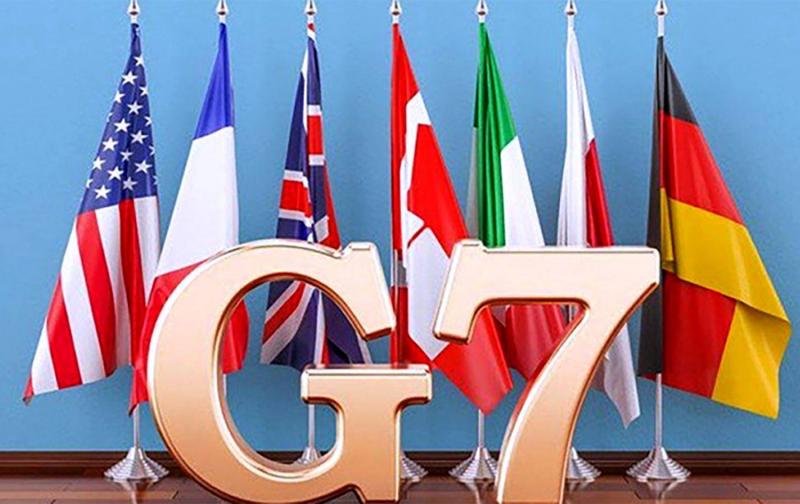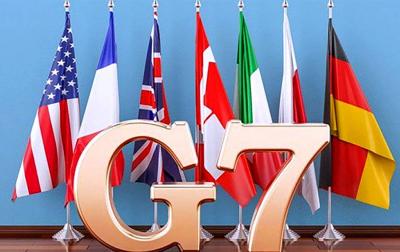G7 leaders agreed on Saturday to launch a new initiative to address economic coercion, pledging to take steps to ensure that any attempt to weaponize economic dependency fails and to confront the consequences. In a statement, the leaders announced that the initiative, named the Economic Coercion Coordination Program, will utilize early warning systems and rapid information exchange regarding economic coercion, while member countries will meet regularly for consultations.
The G7 aims to close a significant gap with emerging markets by focusing on infrastructure and alleviating debt burdens as part of a strategy to reduce China's influence in low-income countries. Officials revealed that the leaders of the richest democracies in the world are increasingly focused on how China's influence affects supply chains and economic security in low- and middle-income countries.
Ukraine will again be a focal point for G7 leaders as they convene on the second day of their three-day summit in Hiroshima, Japan, where Ukrainian President Volodymyr Zelensky is set to join them.
French officials indicated that "the G7 needs to take more responsibility in increasing crisis financing for the most vulnerable countries worldwide and work with them to reform the post-war funding system." A French presidential official emphasized the need to act and collectively rethink the structure of international financing, adding that "Paris is pressing its G7 partners ahead of next month's conference."
He stated, "Today, we have a network of development banks around the world that finance international solidarity but find their operational capabilities limited." France will host a "Summit for a New Global Financial Pact" on June 22 and 23, addressing the reform of multilateral development banks, the debt crisis, green technology financing, and the establishment of new international tax and financing tools, including Special Drawing Rights.




